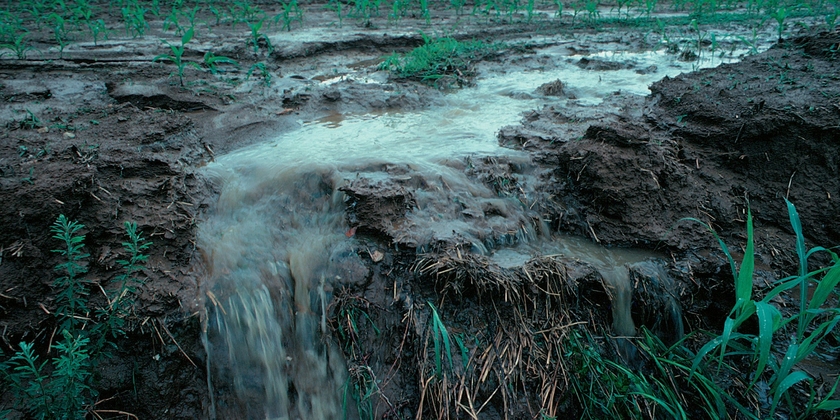Department Environmental Social Sciences
CrossWater - Transboundary Micropollution Regulation in Europe: the definition of appropriate management scales

One major challenge faced in environmental management is to adapt the spatial scale of regulation to specific environmental problems. From a natural science perspective, the appropriate scale of management units can be defined by the boundaries beyond which physical, chemical or biological processes have no effect on the environmental problem. However, actual political management units rarely match these ideal states. This is particularly true for transboundary water pollution in general, and micropollution regulation in particular, where different jurisdictions tend to produce diverse policy solutions and implement divergent instruments to tackle the very same problem within the same hydrological catchment area. In this research project we adopt an interdisciplinary approach combining mass flux analysis with political science and economic geography and ask the question: How can the potential mismatch between the physical extent of pollution and the respective political areas of action and regulation towards micropollution be visualized and grasped in order to design effective and efficient micropollution regulation?
Related PhD project by Florence Metz: How to explain instrument selection in complex policy processes
External team members
Christophe Sohn, Luxembourg Institute of Socio-Economic Research
Laura Herzog, IPW Bern and Luxembourg Institute of Socio-Economic Research
Marc Schneider, Luxembourg Institute of Socio-Economic Research
Antoine Paccoud, Luxembourg Institute of Socio-Economic Research



